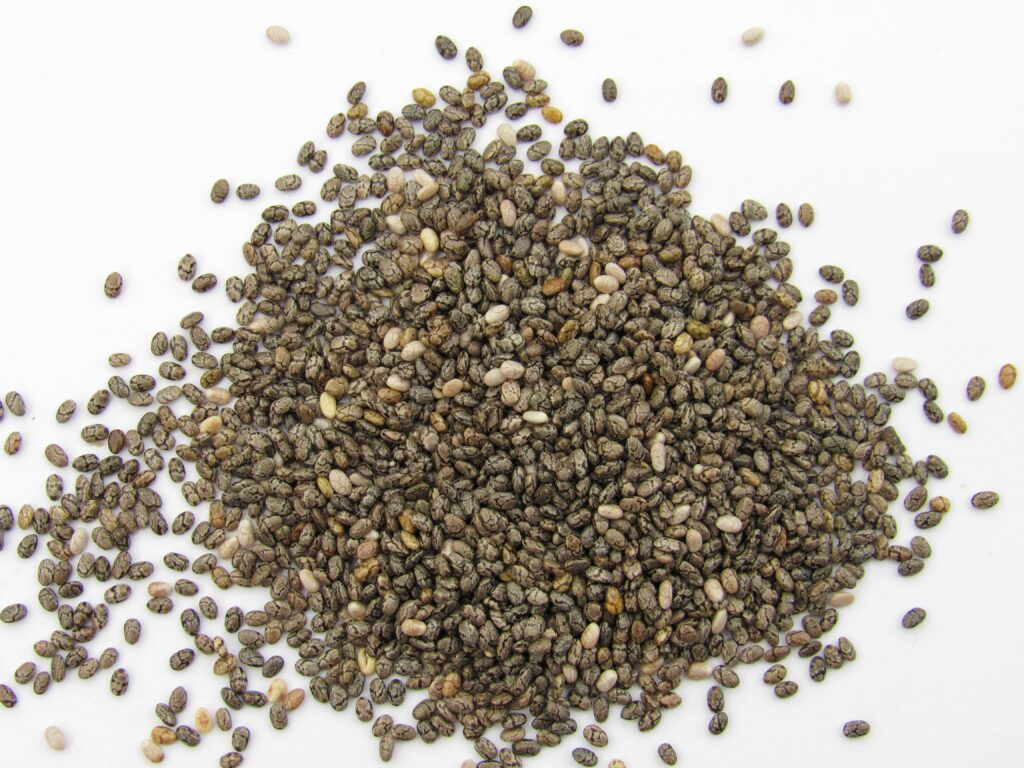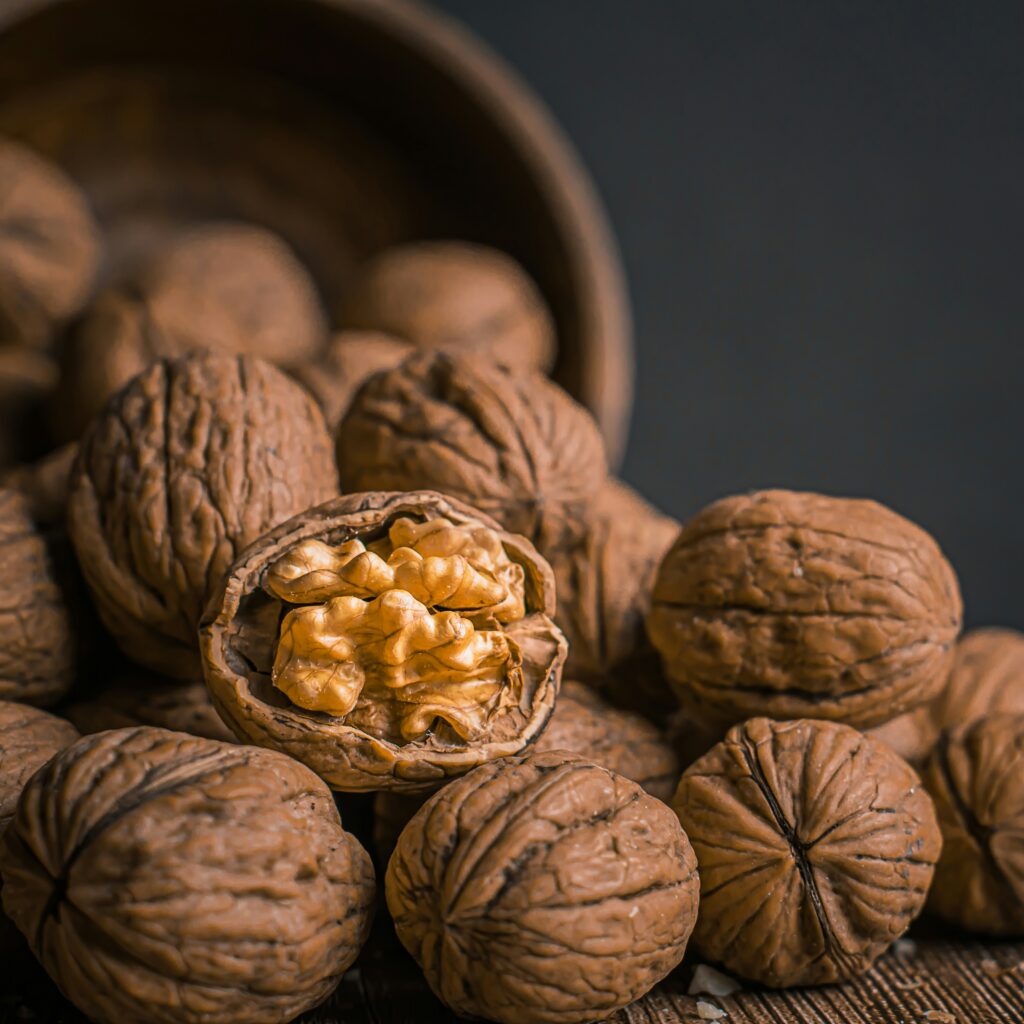Omega-3 fatty acids are essential nutrients that play a crucial role in maintaining overall health and well-being. While these fatty acids offer numerous benefits for heart health, brain function, and inflammation reduction, the body cannot produce them on its own, necessitating their intake through dietary sources. While fish oil supplements are commonly associated with omega-3s, there are numerous natural sources of these fatty acids available in the plant and animal kingdoms. In this comprehensive guide, we’ll delve into the best natural sources of omega-3 fatty acids, exploring their health benefits, nutritional profiles, and culinary versatility. Mohit Tandon from Illinois suggested the Best Natural Source of Omega 3 Fatty Acids.
Understanding Omega-3 Fatty Acids:
Before exploring natural sources of omega-3s, it’s essential to understand the different types of omega-3 fatty acids and their roles in the body. The three main types of omega-3s are alpha-linolenic acid (ALA), eicosapentaenoic acid (EPA), and docosahexaenoic acid (DHA). ALA is primarily found in plant-based sources, while EPA and DHA are predominantly found in fatty fish and seafood. Each type of omega-3 offers unique health benefits, making it important to incorporate a variety of sources into your diet.
1.Flaxseeds:
Firstly, Flaxseeds are one of the richest plant-based sources of ALA, the precursor to EPA and DHA. These tiny seeds are packed with omega-3 fatty acids, fiber, and lignans, which have antioxidant properties. Adding ground flaxseeds to smoothies, oatmeal, or baked goods is an easy way to boost your omega-3 intake and reap the benefits of these nutritious seeds. – Mohit Tandon Illinois

2. Chia Seeds:
Secondly, Chia seeds are another excellent plant-based source of omega-3 fatty acids, particularly ALA. These tiny seeds are rich in fiber, protein, and essential nutrients, making them a valuable addition to any diet. Sprinkling chia seeds over yogurt, salads, or cereal can provide a convenient and nutritious way to increase your omega-3 intake.

3. Hemp Seeds:
Thirdly, Hemp seeds are a nutritional powerhouse, containing a balanced ratio of omega-3 to omega-6 fatty acids. These seeds are also rich in protein, fiber, and essential vitamins and minerals. Incorporating hemp seeds into smoothies, salads, or homemade energy bars can help boost your omega-3 levels while providing a delicious nutty flavor.
4. Walnuts:
Especially, Walnuts are one of the few tree nuts that contain a significant amount of ALA, making them a valuable plant-based source of omega-3 fatty acids. These heart-healthy nuts are also rich in antioxidants, protein, and healthy fats. Adding walnuts to salads, oatmeal, or baked goods can provide a satisfying crunch and a dose of omega-3s.

5. Flaxseed Oil:
Flaxseed oil is extract from flaxseeds and is one of the richest plant-based sources of ALA. This oil is often used as a dietary supplement or culinary ingredient due to its high omega-3 content and mild, nutty flavor. Drizzling flaxseed oil over salads, vegetables, or cooked grains can add a boost of omega-3 fatty acids to your meals.
6. Chia Seed Oil:
Chia seed oil is another plant-based oil rich in ALA omega-3 fatty acids. This oil is often used as a dietary supplement or added to salad dressings, dips, or smoothies for an extra nutritional boost. Incorporating chia seed oil into your diet can help increase your omega-3 intake and support overall health and well-being. – Mohit Tandon Illinois
7. Hemp Seed Oil:
Hemp seed oil is derived from the seeds of the hemp plant. It is a rich source of omega-3 and omega-6 fatty acids. This oil has a nutty flavor and is commonly used in salad dressings, dips, and marinades. Including hemp seed oil in your culinary repertoire can provide a potent dose of omega-3s along with a range of other beneficial nutrients.
8. Seaweed and Algae:
Seaweed and algae are unique plant-based sources of EPA and DHA omega-3 fatty acids, making them suitable options for vegetarians and vegans. Certain types of seaweed, such as nori, kelp, and wakame, contain significant amounts of omega-3s, particularly DHA. Incorporating seaweed into sushi rolls, salads, or soups can provide a flavorful and nutritious way to boost your omega-3 intake. – Mohit Tandon Illinois
9. Soybeans and Soy Products:
Soybeans and soy products are rich in ALA omega-3 fatty acids, making them a valuable plant-based source of these essential nutrients. Foods such as tofu, tempeh, and edamame are particularly high in omega-3s and offer a range of health benefits, including improved heart health and reduced inflammation. Adding soy-based foods to your diet can help increase your omega-3 intake while providing a versatile and delicious protein source.
10. Brussels Sprouts:
Brussels sprouts are cruciferous vegetables that contain a modest amount of ALA omega-3 fatty acids, along with other essential nutrients like fiber, vitamins, and minerals. These nutritious vegetables can be roasted, sautéed, or steamed to enhance their flavor and retain their nutritional value. Including Brussels sprouts in your meals can contribute to a well-rounded diet rich in omega-3s and other important nutrients.
11. Spinach:
Spinach is a leafy green vegetable that contains a small amount of ALA omega-3 fatty acids, as well as other essential nutrients like iron, calcium, and vitamin K. Incorporating spinach into salads, smoothies, or cooked dishes can provide a nutritious and flavorful way to boost your omega-3 intake. And It support overall health and well-being. – Mohit Tandon Illinois

12. Kale:
Kale is another leafy green vegetable that contains a modest amount of ALA omega-3 fatty acids, along with a range of other beneficial nutrients. This nutrient-dense vegetable can be enjoyed raw in salads, sautéed as a side dish, or blended into smoothies for a refreshing and nutritious treat. Including kale in your diet can help increase your omega-3 intake and promote optimal health and vitality.

13. Mustard Seeds:
Mustard seeds are a lesser-known source of ALA omega-3 fatty acids, making them a valuable addition to any diet. These tiny seeds are also rich in antioxidants, protein, and essential minerals like selenium and magnesium. Incorporating mustard seeds into salad dressings, marinades, or homemade condiments can provide a flavorful and nutritious way to boost your omega-3 intake.
14. Purslane:
Purslane is a leafy green vegetable that is rich in ALA omega-3 fatty acids, as well as vitamins, minerals, and antioxidants. This nutritious plant has been used in traditional medicine for its various health benefits, including improved heart health and reduced inflammation. Adding purslane to salads, soups, or stir-fries can provide a flavorful and nutrient-rich addition to your meals.
15. Grass-Fed Meat and Dairy:
Grass-fed meat and dairy products are higher in omega-3 fatty acids compared to their conventional counterparts, making them a healthier option for those seeking to increase their omega-3 intake. Animals that are fed a diet rich in grass and pasture produce meat and dairy products with higher levels of ALA, EPA, and DHA omega-3 fatty acids. Choosing grass-fed meat and dairy products can help support your omega-3 intake while providing a range of other important nutrients.
16. Pasture-Raised Eggs:
Pasture-raised eggs are another excellent source of omega-3 fatty acids, particularly DHA. Hens that are allowed to roam freely outdoors and feed on insects, grass, and seeds produce eggs with higher levels of omega-3s compared to eggs from conventionally raised hens. Incorporating pasture-raised eggs into your diet can provide a convenient and nutritious way to boost your omega-3 intake and support overall health and well-being.
17. Oysters:
Oysters are one of the best animal-based sources of omega-3 fatty acids, particularly EPA and DHA. These nutrient-rich shellfish also provide a range of other essential nutrients, including protein, zinc, and vitamin B12. Including oysters in your diet can provide a delicious and nutritious way to boost your omega-3 intake and support optimal health and vitality.
18. Mackerel:
Mackerel is a fatty fish that is rich in omega-3 fatty acids, particularly EPA and DHA. This flavorful fish also provides a range of other important nutrients, including protein, vitamin D, and selenium. Incorporating mackerel into your diet can provide a delicious and nutritious way to increase your omega-3 intake. It support heart health, brain function, and overall well-being. – Mohit Tandon Illinois
19. Salmon:
Salmon is perhaps the most well-known source of omega-3 fatty acids, particularly EPA and DHA. This fatty fish is prized for its rich flavor, tender texture, and nutritional value. Consuming salmon regularly can help boost your omega-3 intake and provide a range of health benefits, including improved heart health, brain function, and reduced inflammation. Whether grilled, baked, or poached, salmon is a versatile and delicious addition to any diet.

Conclusion:
Omega-3 fatty acids are essential nutrients that play a crucial role in maintaining overall health and well-being. While fish oil supplements are commonly associated with omega-3s. There are numerous natural sources of these fatty acids available in the plant and animal kingdoms. From flaxseeds and chia seeds to fatty fish and grass-fed meat, incorporating a variety of omega-3-rich foods into your diet . It can help ensure you meet your nutritional needs and reap the numerous health benefits associated with these essential fatty acids. By embracing the diverse array of natural sources of omega-3 fatty acids, you can support your heart health, brain function, and overall vitality while enjoying a delicious and nutritious diet.
